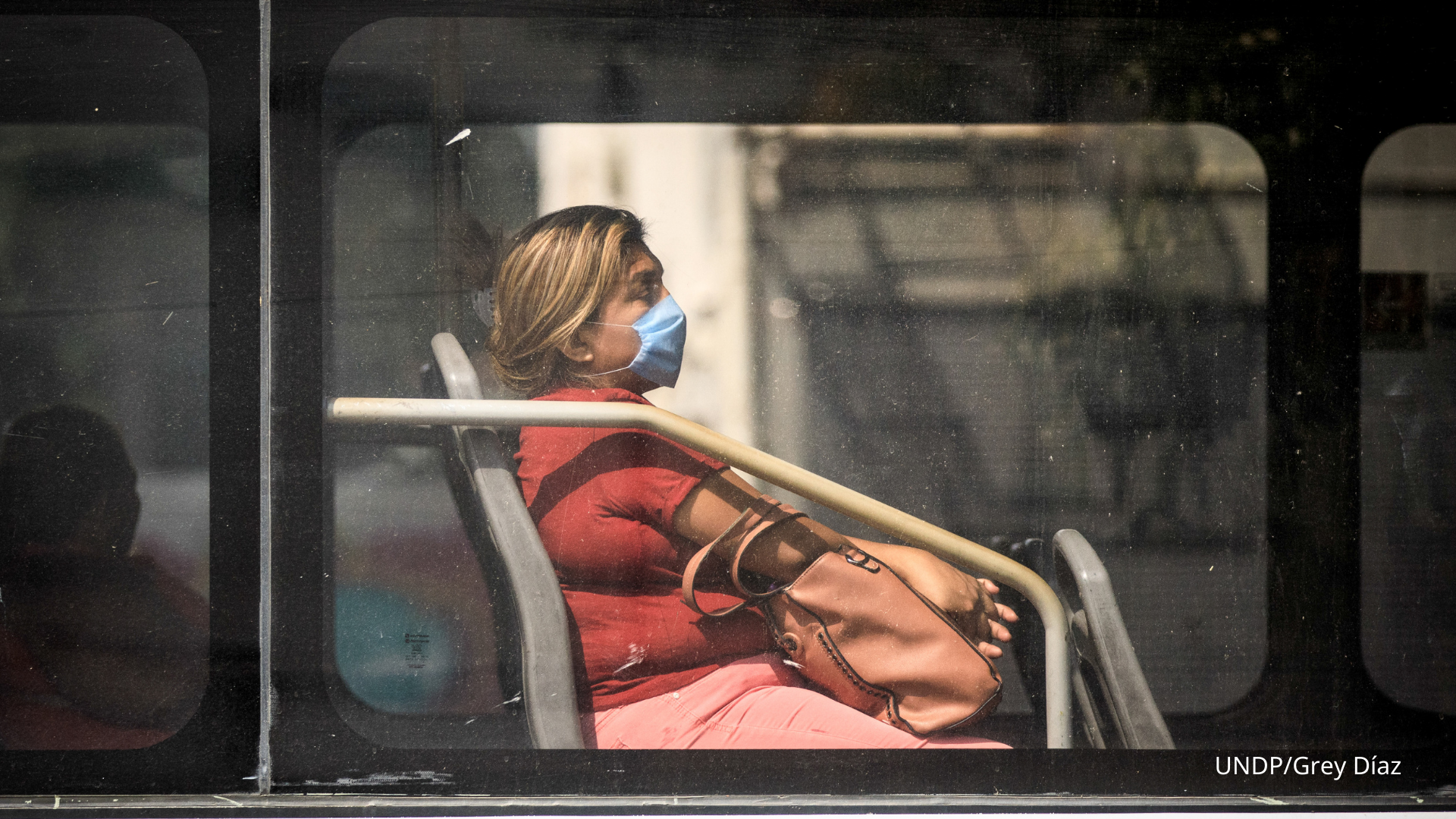30 signals to consider for a sustainable future
The Changing Nature of Work: 30 signals to consider for a sustainable future
July 28, 2021
The Changing Nature of Work: 30 signals to consider for a sustainable future.
SIGNAL 1: New forms of inequality
The COVID-19 pandemic, which led to global health and economic crises, has shed new light on preexisting inequalities. It has had a significant effect on direct and indirect inequalities between and within countries. In addition to the short-term effects, increased inequalities will have extended consequences on social, political and economic aspects of life, further compounding the impact of the pandemic. The aggravated impact of the pandemic took the form of decreased access to healthcare, education, public services and work, which are affecting gender-related issues, social inclusion and economic activities. The pandemic is putting the “Leave no one behind” principle to the greatest test, since it could significantly set back progress in achieving the Sustainable Development Goals (SDGs), especially SDG 10 (“Reduced inequalities”) by 2030.
When observing the pandemic through the gender lens, women are on the front lines of the COVID-19 crisis, serving as first responders, finding solutions as innovators, and fighting the pandemic as political leaders. Women across the globe make up nearly 60 percent of the informal economy, and by earning less, they are at more risk of falling into poverty. Working from home with an increased informal work burden can lead to negative coping strategies, further affecting children and households. There is an evident increase in violence against women and girls.
Socially marginalized and excluded people, including refugees and stateless persons, were already less likely to participate equally in all spheres of life in normal circumstances, and the pandemic has made things even worse. The most marginalized people lack access to public health facilities and information, education and paid work, and the ability to participate equally in their communities, often facing significant barriers to adopting basic hygiene measures due to inadequate infrastructures.
Due to the COVID-19 pandemic, agricultural production has decreased, negatively affecting the food supply chain, and millions of people have been put out of work mainly due to the problems with food processing, wholesale and retail. As a consequence, all economies are heading towards a COVID-19 15 .The Changing Nature of Work recession. The lockdown measures have hit the highly labour-intensive and the service sectors the most. Currently, with a certain number of restrictive measures being eased, the question is raised of how effectively, for example, could small and medium-sized enterprises (SMEs) recover and prepare for an anticipated new wave, and what the full impact of the pandemic will be.
A vast number of employees started to work from home. To some extent, this seems to be a successful experiment resulting in people being more productive, spending less time commuting and more working, and cost savings for some companies (e.g., office rent and utilities). However, remote work has also had some adverse effects on the work-life balance, further especially taking a toll on women. A new inequality has emerged from a rapid shift from working in an office environment to working at home where the boundaries of work time and private time are often very blurred, further leading to time poverty for workers and their increased anxiety, and affecting workers’ overall well-being.
When observing countries individually, inequality in wealth is often linked to inequality in opportunities. Since wealth is linked to location, there are also evident inequalities between people from urban and rural areas; rural people and particularly the poor have less access to adequate sanitation, health services, job opportunities, education, the Internet, social protection and public infrastructure, etc.
Although inequalities at various levels were very much present before the COVID-19 crisis (BC), the further increase of the inequalities after the domestication (AD) should be addressed by national institutions, politics and policies during the adjustment to the new normal so that all can be built forward better.
Check out the next signal, #2: Sectoral differences.
____________________________________________________________________________________________________________________________________________________________________
The Changing Nature of Work: 30 signals to consider for a sustainable future
Work helps sustain livelihoods and largely determines the quality of life. Its changing nature is at the frontier of development. This report is the result of a broad horizon scanning by six UNDP Accelerator Labs across Europe and the Commonwealth of Independent States. They reveal 30 signals that shape the “where, who, how, and why” of the changing nature of work. From the impact of COVID-19 on the workforce to new work models and entrepreneurial ecosystems, the authors explore opportunities and threats, as well as solutions from local contexts that can be scaled up into positive answers to the challenges people around the world are facing. Download the full report here.

 Locations
Locations





